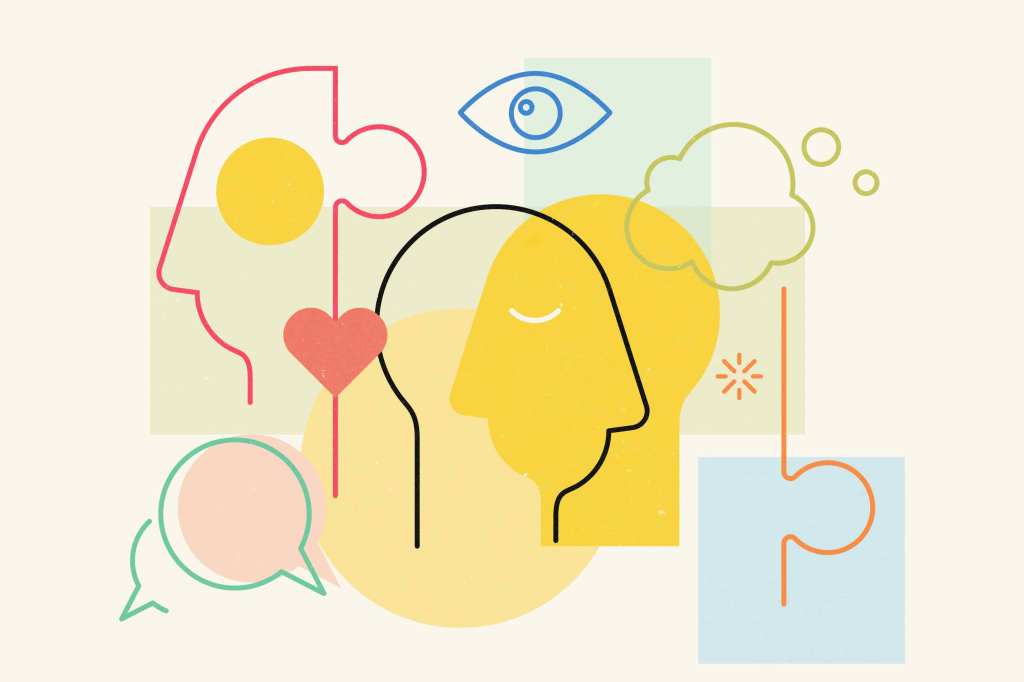Our Approach

Our Office of Strategy and Learning works closely with program teams and grantees to better understand what it takes to reduce inequality in a meaningful and lasting way.
As a foundation, we are interested in understanding not only if our programs have impact, but also in what ways and under which conditions we can create social change across issues and places. We challenge our assumptions by engaging with different perspectives, through cross-programmatic exchange and collaboration inside the foundation and with the insights of outside experts, grantees, peer funders, and other stakeholders.
How we learn
Starting with strategy
The bedrock of our work is our programmatic strategies. These strategies start by identifying a structural inequality—like mass incarceration, violence against women, or unrepresentative government—along with our ideas and assumptions about how change can happen, and the specific role the foundation can play. We ask ourselves what success would look like, and use that inquiry to identify key indicators of progress and success. And we identify a set of learning questions that focus on parts of the strategy where we need more information to understand what to expect. As we move forward, we use those questions to help us adjust and refine our work.
Asking the right questions
Smart strategy is incredibly important, but progress isn’t linear—social change rarely proceeds as expected. To help challenge our assumptions and adjust our approaches accordingly, we rely on a few different kinds of learning.
Every year, our programs engage in a reflection session, responding to four fundamental questions. Reflecting on these questions makes it possible for us to adjust our strategies based on what we learn.
- What did you expect would happen by this point at the onset of your work? Where did you expect to be at this time a year ago?
- What actually happened over this last year, and since the start of the strategy?
- What did not go as planned, and why
- How will you shift your work based on what you now know?
We also test our assumptions against empirical data. This data comes in many forms: from what program staff observe; what our partner organizations tell us; what researchers, academics, and experts conclude; from news and current events; and from commissioned external evaluations of our work. Relying on multiple sources of data helps us challenge our assumptions and adapt accordingly, which ultimately makes us more effective at advancing our mission and addressing inequality.
Evaluating and adjusting
At the end of a strategic phase of work, we commission impact evaluations that consider what happened as expected and what did not, and what went well and what did not. We ask questions like:
- How sound was our diagnosis, or theory of change? What evidence supports it?
- Did we underestimate the obstacles?
What evidence suggests a need for revision?
Did the strategy fit the diagnosis, or theory of change? - What evidence suggests that this was, in fact, an impactful way to address the issue?
- What might we have been missed?
- What did we help to achieve?
- What steps did we take to adapt along the way?
- Given the scale of the change we aim to realize, did we devote an appropriate amount of resources?
- What was the balance of short-term wins, and long-term change? Was this a successful balance, or would we adjust it?
- How well were grantees aligned to strategy outcomes? Did we have the best combination of grantees to implement the strategy?
- How did we use empirical evidence and new knowledge to inform our assumptions about how social change happens?
- Did we refine our theory of change in response to obstacles we encountered and had not factored in before?
We also commission evaluations when we are beginning new kinds of work and want the ability to make adjustments in real time. In these instances, we rely on developmental evaluations to help us capture lessons in the early stages and then on an ongoing basis adjust our work based on what we learn.
Learning across strategies
To realize our learning goals, we work to build a culture of reflection and sharing not only within, but across program areas. We curate events and discussions, like our current Inside-Outside Learning Series, that invites external experts—including grantee organizations—to help us test our assumptions and expand our thinking. Through these gatherings and other opportunities, we create space to reflect, and encourage knowledge exchange and engagement across issues and geographies.
Sharing what we learn
We want to make sure that what we learn is useful not only to the Ford Foundation, but to philanthropy and the social justice sector at large. With this in mind, over the years we’ve published reports, organized convenings, created interactive explainers, and invited academics to delve into our archives. We’re always looking for new and more effective ways to communicate our ideas and insights, and hope you’ll explore some of them here—and let us know what you think.